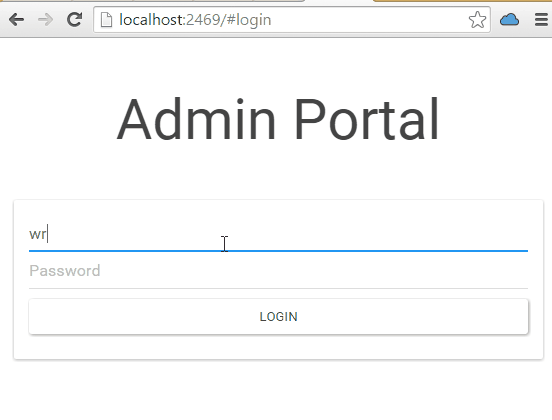Single page app with WebSharper UI.Next and Bootstrap

Single page application in F# with WebSharper UI.Next Last week I wrote a post on how I handle latency and exception while interacting with REST api in F# using computation expression and WebSharper . The first part on computation expression was quite detailed but the second part on WebSharper was mostly code snippets with very little explanations. Today I want to rectify that by showing you how I am using WebSharper UI.Next to build a simplistic single page application ( SPA ). Here is the result of what we will do: In this post I will explain few points which were hard for me to grasp when I started to code in F# with WebSharper. By writing this post, I hope that it will help you and that you won’t need to go through the same flip table phase as I did! So put on your seat belt and enjoy the ride. In this post I will explain to you: The basic of UI.Next in order for you to be able to understand the code How I manage routing for the SPA How I split my webapp and organize my c